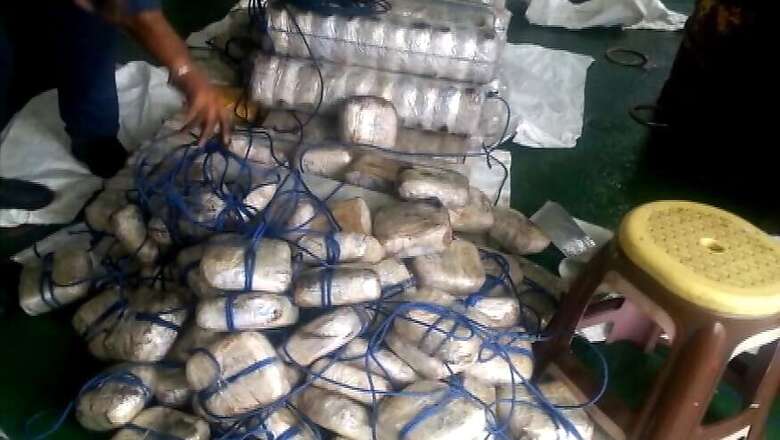
views
Kolkata: The Narcotics Control Bureau (NCB) has busted an international drug racket and arrested three peddlers in a week-long operation from various parts of West Bengal with more than 3,000 tablets of psychotropic substances.
According to a senior NCB official, the gang was involved in online trading of drugs in the US and Canada via a fake call centre in the city.
The arrested men were identified as Ganesh Pun, Sunil Agarwal and Clement Philips. While Ganesh and Sunil worked as drug suppliers and carriers, Philips had opened a call centre named ‘Dream Advent Service’ to communicate with their US clients, and trade psychotropic tablets through Indian Post or private courier services.
“A total of 3,161 Nitrazepam, Tramadol, Clonazepam, Lorazepam, Alprazolam, Zolpidem tablets worth Rs 10-15 Lakhs were seized from their possession during multiple raids in and around Kolkata,” NCB Kolkata Zonal Head Dilip Kumar Srivastava said. “We have also seized all the computers, laptops and mobile phones from the call centre.”
The confiscated drugs were procured in Kolkata as they could be sold in India but are illegal in both the foreign countries, he added.
More than 60 arrests have been made only this year, making Kolkata a major hub for banned drugs. A large number of drugs were also seized and destroyed.
Only recently, five Chinese nationals were arrested from Kolkata station for carrying 200 kg of ‘Amphetamine’—popularly known as ‘The dead drug’—worth Rs 40 crore.
On April 17, Kolkata NCB arrested the son of a well-known restaurateur and celebrity chef along with a Kolkata-based industrialist’s son with a huge quantity of psychotropic substances, including ecstasy, LSD blots and magic mushrooms.
It was for the first time ‘Magic mushrooms’ were seized from Kolkata, which is usually available in Mexico, South America, Malaysia, Indonesia and Australia.
“The major concern is youth, students are getting addicted to it in Kolkata and we have to stop this. We have got information that there are other call centres which are involved in similar practice,” Srivastava concluded.












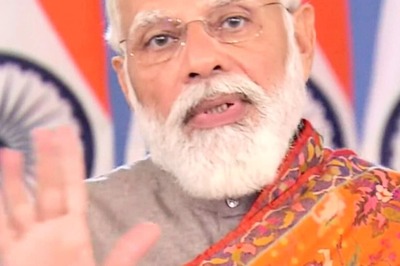


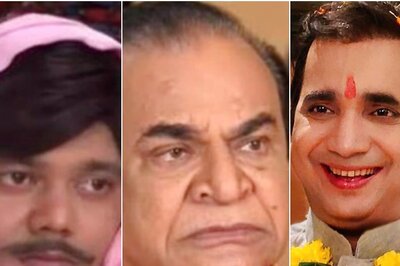
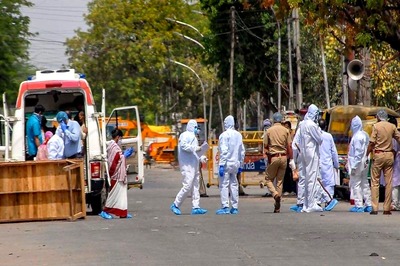


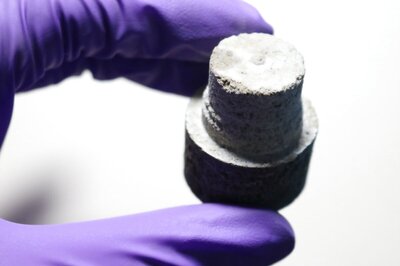
Comments
0 comment